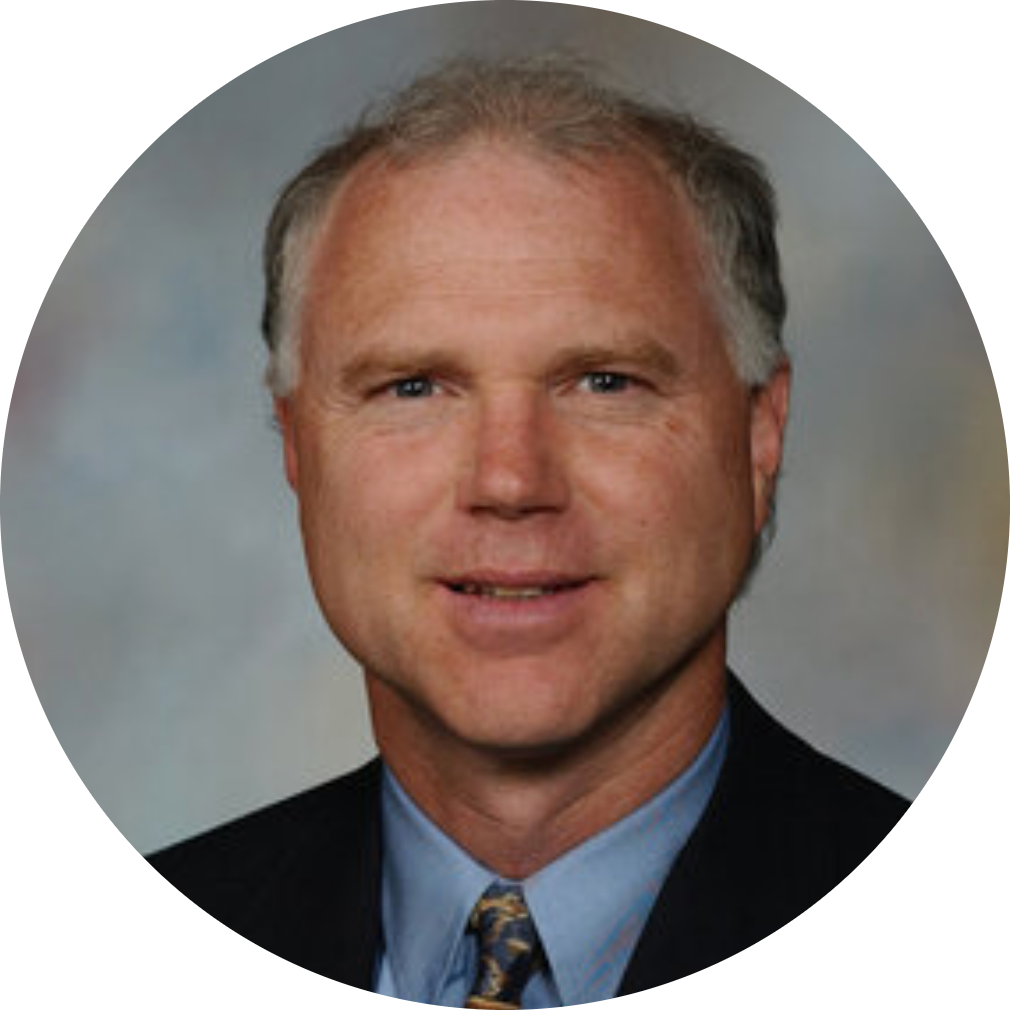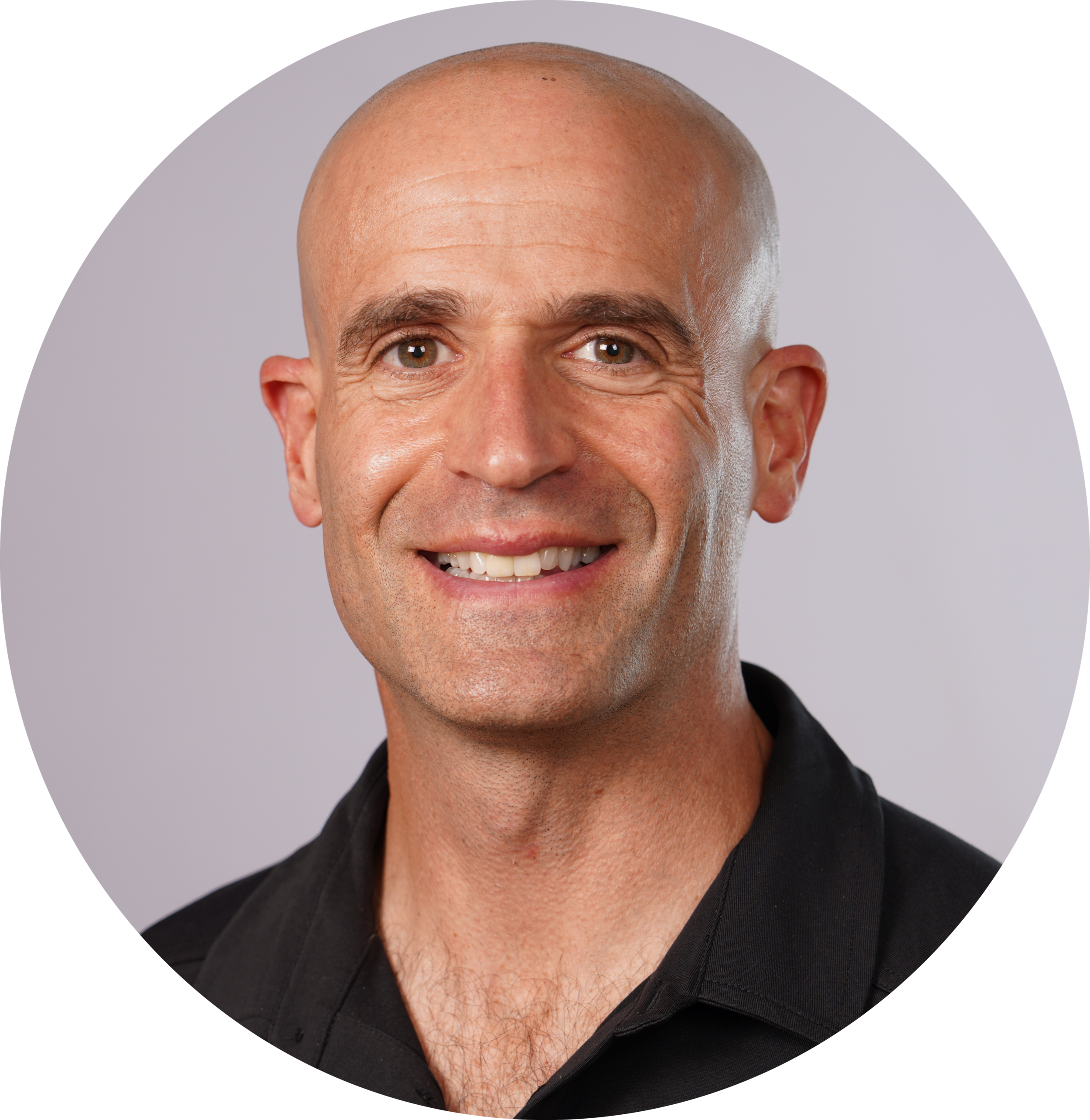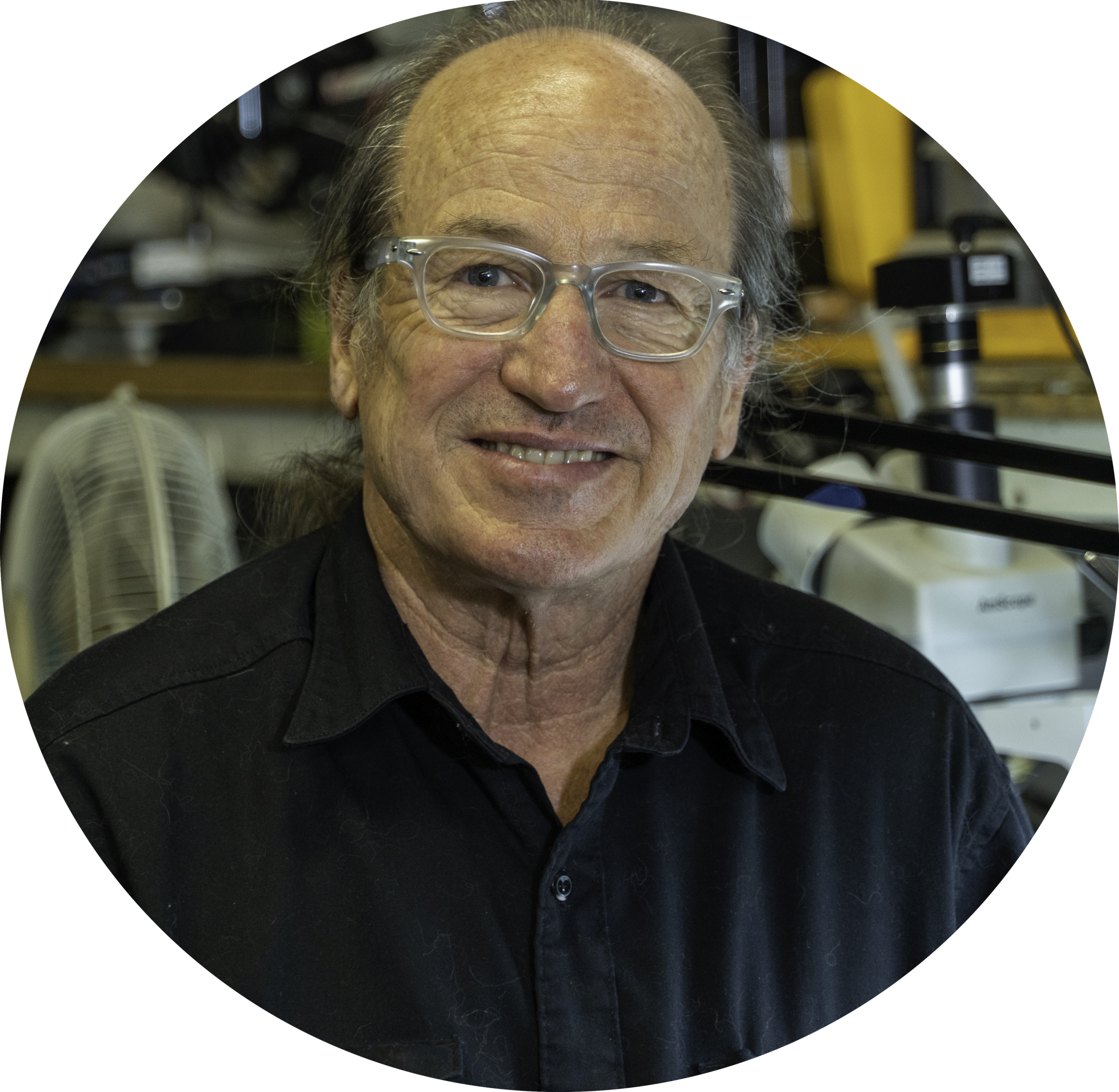
Introducing the 8B Advisors

Gregory R. Ciottone, MD, FACEP, FFSEM
Dr. Ciottone is President of the World Association for Disaster and Emergency Medicine, and an Associate Professor of Emergency Medicine at Harvard Medical School. He is an Instructor in the Department of Health Policy and Management at the Harvard T.H. Chan School of Public Health, and directs the Beth Israel Deaconess Medical Center Fellowship in Disaster Medicine. He also serves as the Director of Medical Preparedness for the National Preparedness Leadership Initiative, a joint program of the HSPHS and the Harvard Kennedy School of Government. Dr. Ciottone has been a consultant to the White House Medical Unit for the past two administrations.
Dr Ciottone has conducted educational programs in more than 30 countries around the world and has written over 100 scholarly works, including the first and second editions of the leading textbook in the field, Ciottone’s Disaster Medicine. He is the 2018 recipient of the American College of Emergency Physicians Disaster Medical Services Award, and the 2020 recipient of the American Academy of Disaster Medicine Distinguished Service Award.

Amalia Voskanyan, RN
Amalia Voskanyan is the Director of International Relations in the Department of Emergency Medicine at Beth Israel Deaconess Medical Center (BIDMC), and the Co-Director of the BIDMC Fellowship in Disaster Medicine with over 20 years’ experience in leadership, global healthcare, and international relations.
Amalia has earned a number of awards and honored positions, including the American International Health Alliance (AIHA) Excellence in Nursing Administration award, and serving as an invited delegate to the Armenian Nurses Association in Boston, the AIHA Global Medicine conference in Atlanta Georgia, and the Sino-American Roundtable Discussion on Disaster Medicine in Tianjin, China.
Since 1997, Amalia Voskanyan has played a key role in numerous international programs. She served as educational liaison for the Belarus-University of Massachusetts Medical Partnership Program, and as part of a BIDMC delegation to Panama. She was selected to serve on the Organizing Committee for the International Emergency and Disaster Medicine Conference in Abu Dhabi. She provided medical leadership to several non-governmental organizations in post-earthquake Haiti, and was appointed to the Organizing Committee for the Ebola Roundtable discussion with West African Ambassadors at Harvard University. She also Co-Chaired the Organizing Committee for the Symposium on Emerging Infections at Harvard Medical School. Recently, she served as an invited delegate at the Sino-US International Disaster and Emergency Medicine Conference in Tianjin, China, and on the Organizing Committee of the Franco-American Conference on Emergency Medicine and Counter-Terrorism Medicine at Harvard Medical School. She was also Chaired the Organizing Committee for the International Conference on Humanitarian Crises at Harvard.

Colonel John T. Groves, RN
Colonel (ret) John T. Groves Jr. currently serves as the Director for Disaster Nursing at Beth Israel Deaconess Medical Center and an adjunct faculty at the Harvard school of Emergency Medicine. His previous assignments include Chief Nursing Officer at Madigan Army Medical Center Deputy Commander for Nursing, US Army Medical Department Activity (MEDDAC), Fort Drum, and Assistant Deputy Commander of Nursing, Fort Riley, and Operations Officer, Fort Carson. In 2001, Colonel Groves was hand selected to implement the congressionally mandated Army Trauma Training Center program at the University of Miami as the Director of Trauma. He was also assigned as the Chief, Department of Nursing, Special Operations Medical Sergeants Course, Fort Sam Houston.
Colonel Groves’ awards include the Legion of Merit Medal, Bronze Star Medal, Meritorious Service Medal, Army Commendation Medal, and Army Achievement Medal. He is a member of the Military Order of Medical Merit and has earned the Army Parachutist Badge.
Colonel Groves deployed with the 10th Combat Support Hospital in 2006 during one of the worst years of our war on terrorism; his young team was highlighted in several national publications and a documentary produced by CNN. One of his signature contributions to the AMEDD’s effort to improve survival rates on the battlefield came as the author of the first-ever resuscitation record for pre-hospital treatment, which was implemented for use in both theaters of operation.

Bruce Johnson, Ph.D.
Bruce D. Johnson, Ph.D. is a professor of medicine and physiology and a consultant in the Department of Cardiovascular Medicine. He has joint appointments in the Division of Preventive, Occupational and Aerospace Medicine and in the Department of Physiology and Biomedical Engineering. He is the director of the Mayo Clinical Research Unit's Energy Balance Core Laboratory and directs his own research laboratory in human integrative and environmental physiology. He has developed many novel laboratory techniques, including non-invasive open circuit measures for cardiac output, quantification of pulmonary capillary blood volume, alveolar capillary conductance and assessment of airway blood flow.
The majority of his research has focused on factors limiting human performance in various clinical syndromes, in athletes and under extreme environmental conditions. He has led field studies in Antarctica, funded through the National Science Foundation, and on Mount Aconcagua in Argentina, Mount Everest and Mount Kilimanjaro and studied unique populations such as breath-hold divers in Croatia and F-22 pilots from the U.S. Air Force.
His clinical research has identified novel methods for detection and tracking of chronic disease as well as environmental factors that may be involved in disease risk. His laboratory works closely with consumer and medical device companies that track health status through wearable or passive sensing as well as with early-phase supplement and pharmaceutical company products. His work has been funded by the NIH, DOD, NSF, state of Minnesota and industry.







